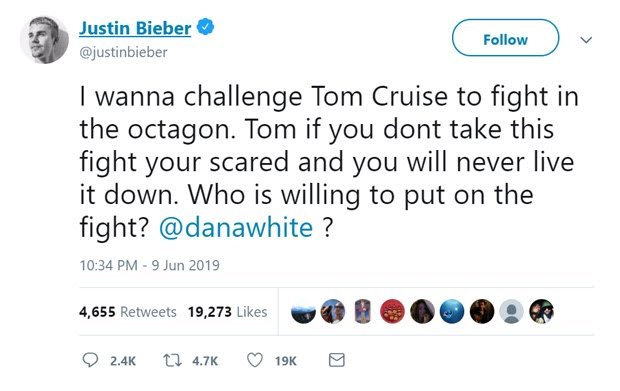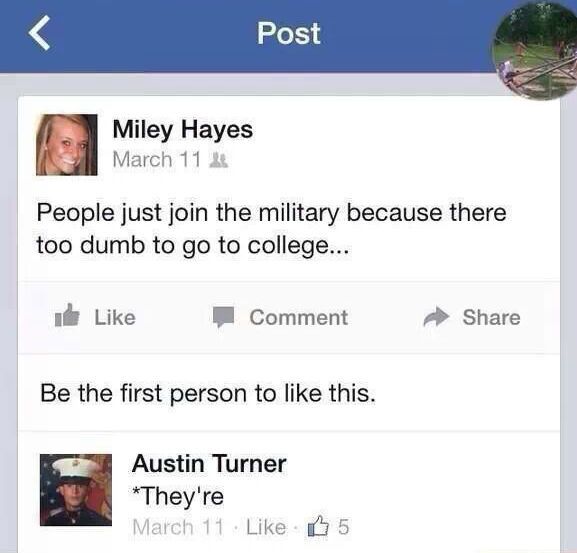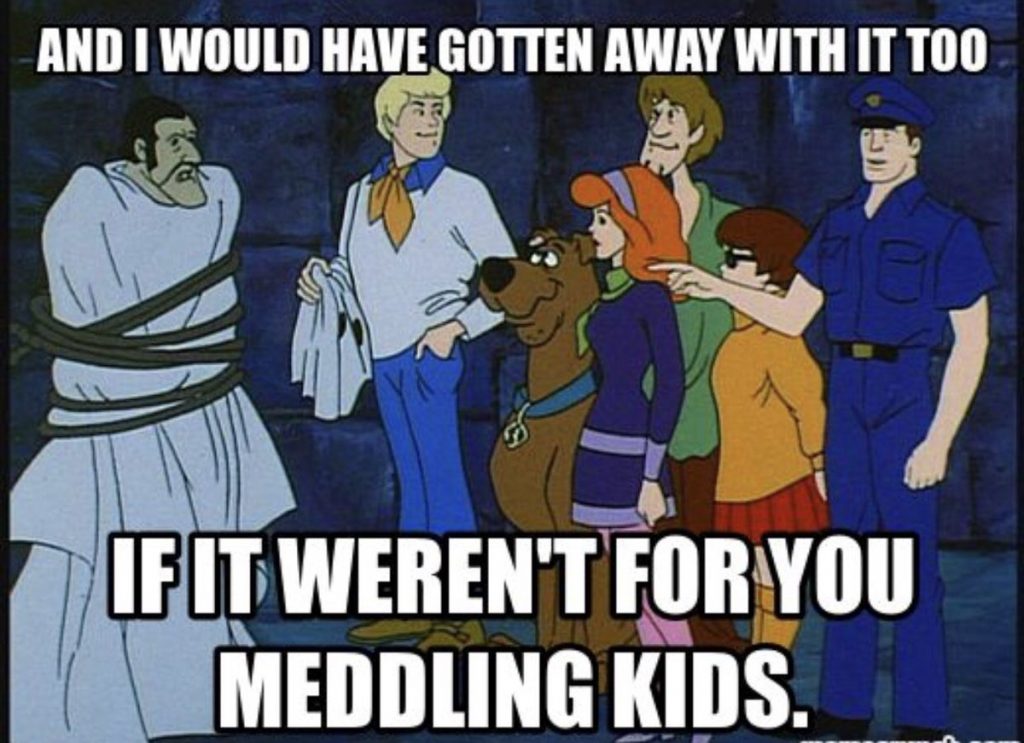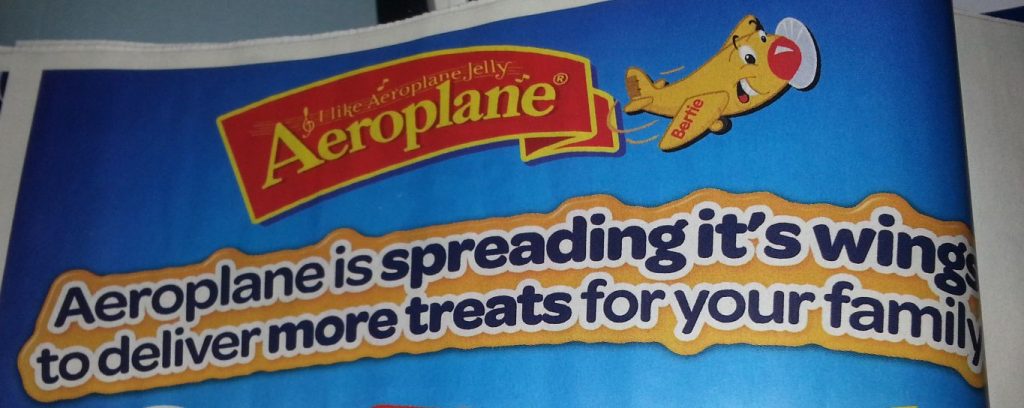Welcome to my first blog post! In this edition we’re going to look at four crucial elements to improve your social media posts.
Contents:
Your and You’re
When you see how easy this one is, you’ll wonder how on earth you got confused.
When you say You’re, you are saying You are. Freddie Mercury says You’re my best friend. In other words, you are my best friend.
- You’re too good to be true = You are too good to be true.
- You’re an egotistical maniac = You are an egotistical maniac.
We use Your when talking about something belonging to you. Your phone, your wallet, your work ethic, your attitude to avoid doing work.
The good thing about this one is that there’s a really easy hack with this one: substitute your your/you’re with you are. If it works, then you’re is your friend. If it doesn’t, then your it is!
- Do you mind if I add you are ex girlfriend on Facebook?
That doesn’t work does it? So you must mean your ex girlfriend. - You are expectations are too high. You are expectations doesn’t make sense, therefore you mean your.
- I understand you are having a tough time right now. Makes sense to me, so you’re is correct here. Didn’t I tell you this one was easy?

Don’t just take my word for it; see what Ross has to say:
Their/They’re/There
This one is similar to Your and You’re, above, but there’s an additional one as well. Don’t be that guy on Facebook who writes there for everything just because you can’t be bothered learning the difference. Let’s make it easier:
Their = Belonging to them
They’re = They are
There = Over there
Let’s look at some examples:
Their:
- The dogs are playing with their owners
- I’m preparing their lunchboxes
- Don’t believe their lies.
All of these examples show possession: something belonging to someone or something. I’m preparing the lunchboxes which belong to them. The lies belonging to them.
They’re:
- They’re very complicated creatures
- I had no idea they’re dating
- They’re faster learners than you think.
The They’re in all of these examples means they are. They are complicated creatures. I had no idea they are dating.
More contractions
There:
- She said she’d meet me there after class
- Where’s Rick? He’s over there
- Who knew there would be rain today?
In the first two examples, we’re referring to a location. Where is she meeting me after class? There. With the third example, we’re saying that something exists.

Let’s apply a hack: Replace your their/they’re/there with our. If it works, their is what you’re craving; If it doesn’t, can you replace it with they are? If you can, then they’re is what your heart desires. If it still doesn’t work, well then you must mean there! Let’s use some of the above examples:
- Don’t believe our lies.
That makes sense, therefore their is correct. - Our faster learners than you think.
Do they speak English in What? They are faster learners than you think. Ah yes, that makes sense: they’re faster learners. - She said she’d meet me our after class.
That doesn’t sound right. She said she’d meet me they are after class. That makes even less sense. So we must mean there.
Let’s think of a sentence which has all three forms:
They’re over there in their new house (They are over at that place in the new house which belongs to them).
Should of/Could of/Would of
In all of these above phrases—and the less frequently seen ‘might of’—we actually mean Should have/Could have/Would have/Might have. E.g. I would have asked her out to the school dance, but my best friend asked her first. Why this is sometimes mistakenly written as would of is because the contracted version would’ve sounds a little like would of. But don’t be fooled; you know better now. I could of made that jump. No, you could have made that jump.

It’s and Its
Once again, don’t be that person who writes its for everything. Let’s look at the two scenarios:
It’s: This is a contraction of it is (or less frequently, it has). For example, Where is my pen? It’s over there on that desk (it is over there on that desk); It’s been great talking to you (it has been great talking to you).
More contractions
Its: Similar to your and their, above, its is used when referring to something belonging to someone or something:
- Blockbuster video store has closed its doors for the last time (Blockbuster has closed the doors which belong to it)
- Put it back in its place (Put it back in the place belonging to it).
How this confused me when I was in year six: if we were to say the dog’s paw, dog’s has an apostrophe to denote possession, however, if we changed this and wrote its paw, the apostrophe disappears. It’s definitely confusing. Just remember that it’s means it is and that can be your hack for this element:
- It is paw. That doesn’t make sense, therefore its paw is correct.
- It is a bit windy today. Yes, it’s a bit windy.
We will look at apostrophes and possessives in a future post so stay tuned!

Related article: Who’s and Whose

